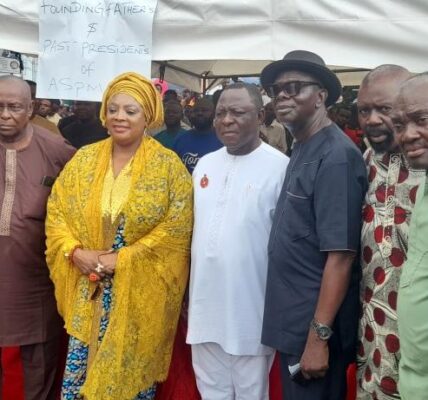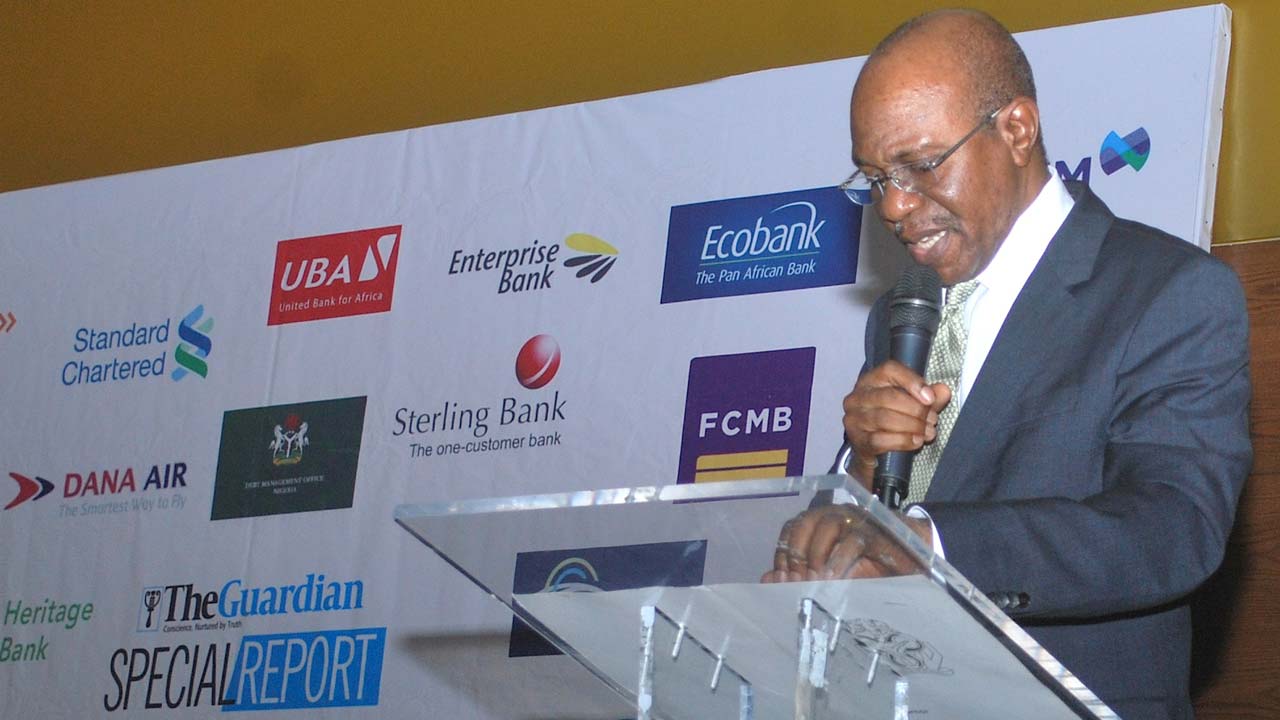Just yesterday at the closing ceremony of the 31st summit of the 55-member African Union (AU) in Nouakchott, the chairperson, Paul Kagame revealed that 49 out of the 55 members of the African Union have signed the African Continental Free Trade Area (AfCFTA) agreement.
Nigeria and five other countries abstained.
However, a development economist and public affairs analyst, Dr. Ken Igboanugo has disagreed with the Chief Executive Officer, Rest of Africa, Standard Bank Group, Sola David-Borha for saying that Nigeria will be among the greatest beneficiaries of the African Continental Free Trade Area (AfCFTA).
The scheme is one of the flagship projects of the African Union Agenda 2063, and is aimed at creating a single continental market for goods and services, with free movement of business persons. On March 21, 2018, 44 African heads of state and government officials met in Kigali, Rwanda, to sign the framework to establish the AfCFTA.
Dr. argued that “Whereas the scheme favours companies with branches in more countries of the continent, it does not favour economies that have a number of its sector undeveloped”.
“You and I know that a lot of sectors in the Nigerian economy are still not well developed and that is why export products are few while we import virtually everything.
“As things stand today in Nigeria, if we sign the document, we have only succeeded in opening our borders for influx of products we would have produced and that will spell doom for a lot of industries that are still battling to survive having exited recession just recently.
“To me, many of those African nations that have signed AfCFTA, did so to attract bigger economies they saturate with their products at any given price and that will mean frustration of age-long efforts of some indigenous firms because we cannot match the seamless cost of production in those smaller economies of Africa who will now take Nigeria as dumping ground at the detriment of our industries.
“Like I said earlier, before I will advise government to look at that document, factors of production must be reasonably available and cheap for Nigerian industries and access to funding including forex must be salutary.
Continuing, he said a clear example of what Nigerian economy will suffer if it signs the document now is what it is just suffering on rice smuggling.
“As everybody can attest, rice smuggling is frustrating efforts to deepen local production to the extent, the Minister of Agriculture recently vowed to close all borders, just because of rice smuggling.
“Apapa Port Customs recently revealed that for two years, it has not seen any cargo carrying rice, but imported rice is everywhere, why?
“Before government should listen to anybody, it must first find out who he ius and where he was coming from, otherwise, we will be buying a firewood that will kill us with smoke in that AfCFTA,” Dr. Igboanugo averred.
But David-Borha, who described the AfCFTA as “very welcome” in Lagos on the sidelines of the bank’s Trans-regional Conference, claimed that “Nigeria will be one of the greatest beneficiaries, frankly, of the Africa Continental Free Trade Agreement. It has got 200 million people. What will it do? It is going to allow goods and services to move freely across Africa, generating more economic activity.
“Yes, there are risks of, maybe, illegal elements moving but the opportunities are much greater than the risks. Africa’s ability to negotiate as a regional bloc positions them better from a geopolitical element rather than individual countries trying to negotiate.”
Business Hilights recalls that President Muhammadu Buhari suspended signing the African Continental Free Trade Area agreement in order to allow more time for consultation with relevant stakeholders, the National Office for Trade Negotiations (NOTN) has explained.
In an interview with journalists in Abuja, the Director-General of NOTN and Chief Negotiator, Ambassador Chiedu Osakwe, said the government only suspended rather than cancelled the signing.
Osakwe explained that Buhari suspended signing the document to allow more time for relevant stakeholders to make their contributions before Nigeria would signal its participation in the trade deal.
Already, the leadership of the manufacturers Association of Nigeria (MAN) had expressed its total rejection, saying the concern of the government now should be the delivery of production enabling environment and not a bogus diplomatic feat that will ground its manufacturing sector in the long run.
Additional details showed that South Africa, Sierra Leone, Namibia, Lesotho and Burundi signed the AfCFTA in Nouakchott.
Chad and Swaziland ratified the agreement, which brings the total number of ratification to six.
A minimum of 22 ratifications are required to enable the AfCFTA to come into force, while 15 ratifications for the protocol on free movement of persons, right of residence and right of establishment.
The AfCFTA will be the largest free trade area since the formation of the World Trade Organisation, according to the AU.
It could create an African market of over 1.2 billion people with a GDP of 2.5 trillion U.S. dollars, according to the pan-African bloc.
The AU said the deal was expected to improve the economic prosperity of the African nations removing barriers to trade, like tariffs and import quotas, allowing the free flow of goods and services between its members.
However, Nigeria and five other countries failed to sign the deal.
Countries that signed the AfCFTA Consolidated Text are Niger, Rwanda, Angola,
CAR., Chad, Comoros, Congo, Djibouti, Gambia, Gabon, Ghana, Kenya, Mauritania, Mozambique, Cote’d’Ivoire, Seychelles, Algeria, Equatorial Guinea.
Others are Morocco, Swaziland, Benin, Burkina Faso, Cameroon, Cape Verde, DRC, Guinea, Liberia, Libya,
Madagascar, Malawi, Mali, Mauritius, South Sudan, Uganda, Egypt, Ethiopia, Sao Tome and Principle, Togo and Tunisia.









